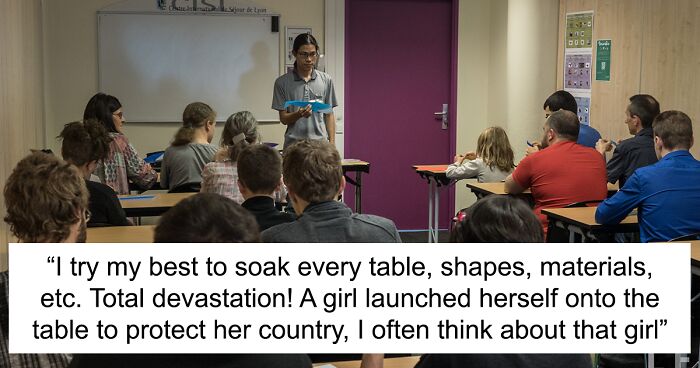
Former Teacher Shares Genius Game That Teaches Kids Politics And Economics
While teaching kids can be challenging at times, it’s certainly rewarding. And the challenge is a healthy one if you’re willing, let alone know how to approach the topic at hand.
Former teacher Caoimhe O’Connell has shared a genius activity that she did with her class—one that involves getting into random groups, getting a random amount of resources, and making very specific goods using said resources to simulate how country economies and politics work.
Needless to say, her Twitter thread drew quite a crowd on the internet.
More info: Twitter
Teaching kids through games is probably one of the most fun things any teacher could do
Image credits: woodleywonderworks
Twitter user Caoimhe O’Connell recalled from her teaching days an activity she did with her 10–11-year-old students. Said activity was, in short, an exercise in politics and economics.
In a nutshell, the class was divided up into small groups, to simulate countries, of 3 to 7 kids, at random. After all, each country has a different population.
Then, each country was given a random set of resources: everything from scissors to colored paper to rulers to markers, including some fake money. Some had an abundance of everything, others an imbalance of resources, with some having a complete lack of something. This simulates how each country has more (or less) of certain resources, if any at all.
This teacher decided to play one too—one that should be based on working together, but which ended up being amusingly chaotic
Image credits: CaoimheRua88
Each ‘country’s’ goal was to produce very specific shapes and sell them to the teacher. They were also given a list of shapes in demand, complete with specific colors, dimensions, and even prices. In other words, make shapes, get money.
You can bet that it all started with chaos as there was no equal ground right from the get-go. What is more, Caoimhe introduced even more mayhem by walking around and sprinkling water, which effectively means force majeure and if your goods are damaged, then, well, sucks to be your country.
Image credits: CaoimheRua88
In the end, some countries lost everything, others were trying to make the best of it, yet others were picking up the pieces. Some got rich, others ended up being dirt poor and simply gave up.
This was besides all of the “theft, bartering, skullduggery, [and] corruption” that was going on and all of the price fluctuations. At this point, you can imagine the explanations of why some countries failed and others prospered.
Image credits: CaoimheRua88
They understood perfectly that not all countries were equal here, not everyone had enough resources, how the rich were able to afford that which the poor couldn’t, and how theft, wars and other factors develop.
But once the dust had settled and the bickering stopped, Caoimhe asked a very important question: why didn’t they work together? “The conversation that these questions produce always amazes me. It’s wonderful,” concluded Caoimhe.
Image credits: CaoimheRua88
Now that’s how you teach kids to work together, how to be a global citizen who understands the importance of collaboration.
While Caoimhe’s thread received modest attention on Twitter, it was later reposted on Imgur where it blew up. The repost garnered over 110,000 views alongside 5,150+ upvotes. Many praised this little game, saying it’s pure genius and that they’re gonna use this idea for their class.
Others pointed out that while it did sound like loads of fun, it is still an analogy of how things are in the world and that made them sad. And, of course, there was that one commenter who honored that one girl who ‘risked her life’ for her country by diving on the table so as to protect the produce from water.
What are your thoughts on this? How would you play this game given the chance? Let us know in the comment section below!
200Kviews
Share on FacebookThis is so true. The kids really engaged and really got it. This is so awesome.
Load More Replies...Why did they make it a competition? Well, in most tasks at school kids get results that can they can compare, the system turns it into a competition, so naturally everyone thought that this is a similar exercise. Now maybe try making school less of a competition and then repeat the experiment.
I agree but, I wonder too if maybe that was part of the point; to show them that the "competition" approach isn't always the best. Maybe she was trying to teach it out of them a little? Maybe. I don't know. Either way, sounds like a fun way to learn!
Load More Replies...This is so true. The kids really engaged and really got it. This is so awesome.
Load More Replies...Why did they make it a competition? Well, in most tasks at school kids get results that can they can compare, the system turns it into a competition, so naturally everyone thought that this is a similar exercise. Now maybe try making school less of a competition and then repeat the experiment.
I agree but, I wonder too if maybe that was part of the point; to show them that the "competition" approach isn't always the best. Maybe she was trying to teach it out of them a little? Maybe. I don't know. Either way, sounds like a fun way to learn!
Load More Replies...
 Dark Mode
Dark Mode 

 No fees, cancel anytime
No fees, cancel anytime 


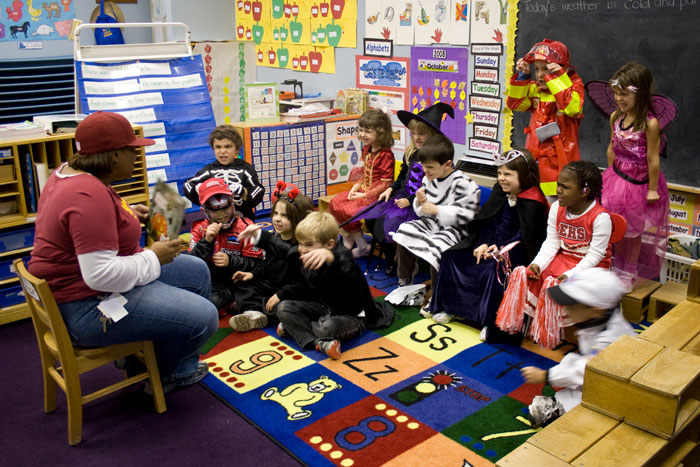
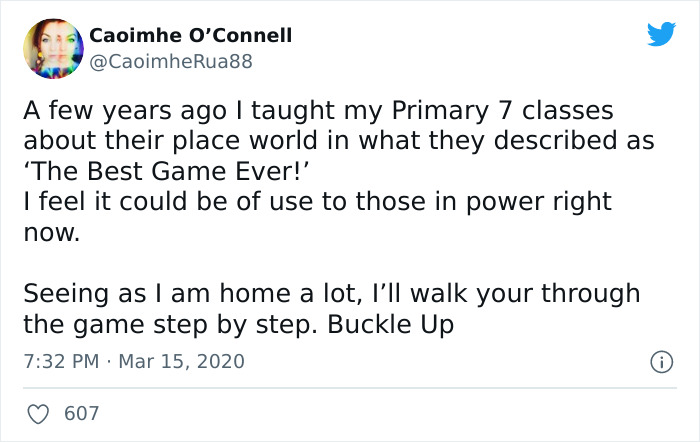
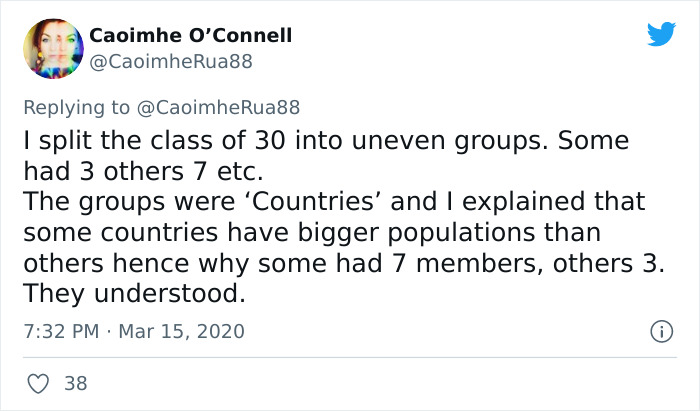
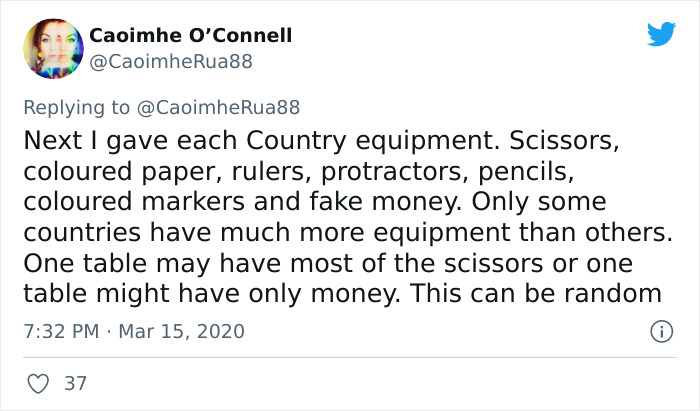
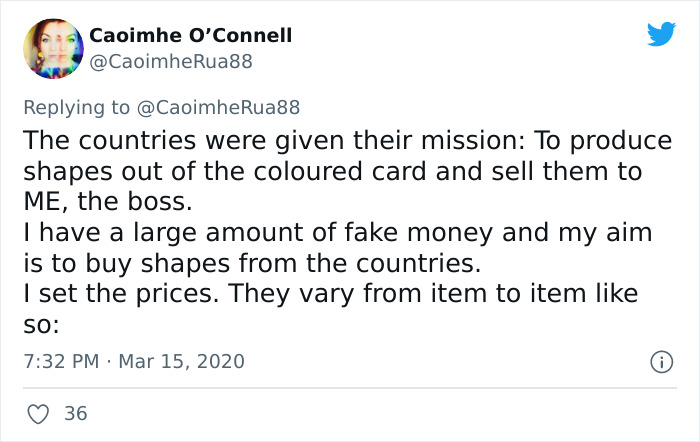
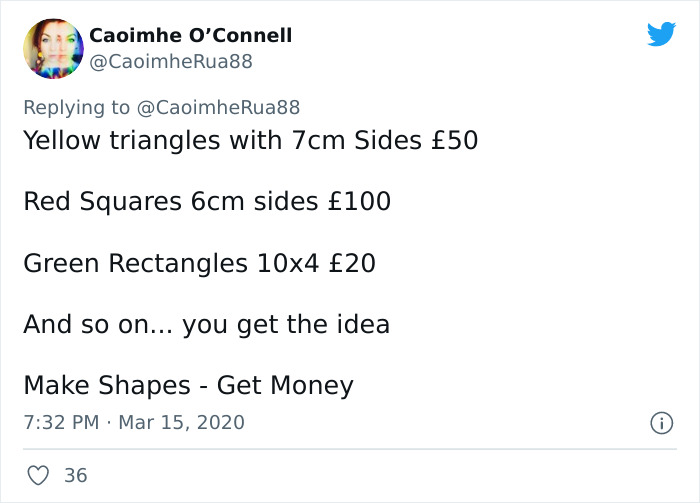
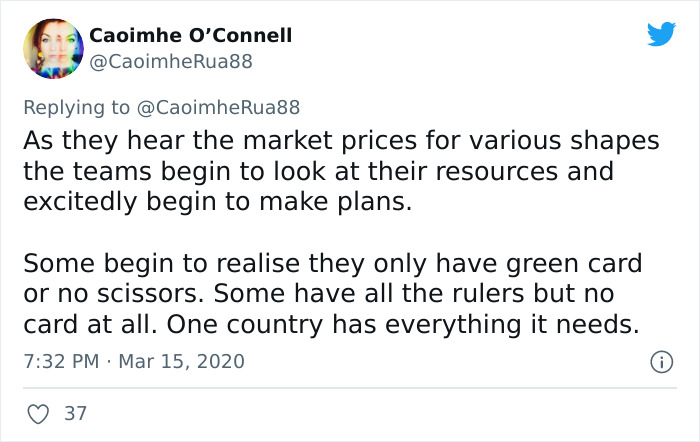
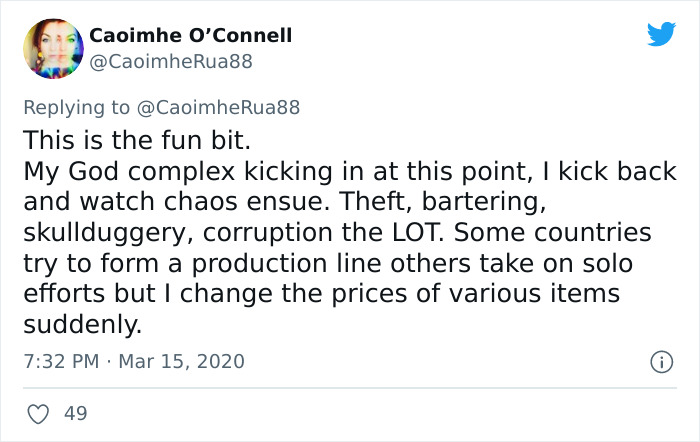
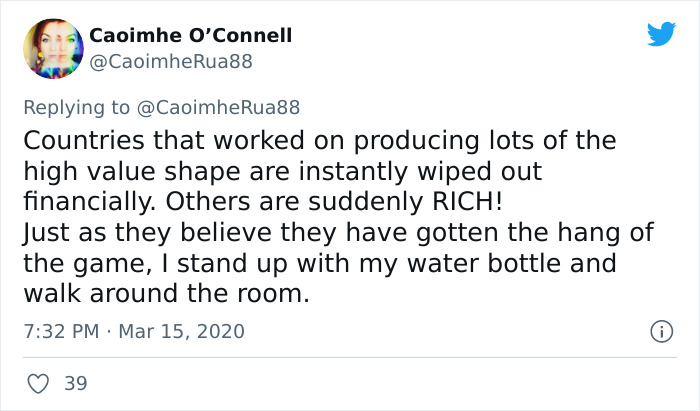
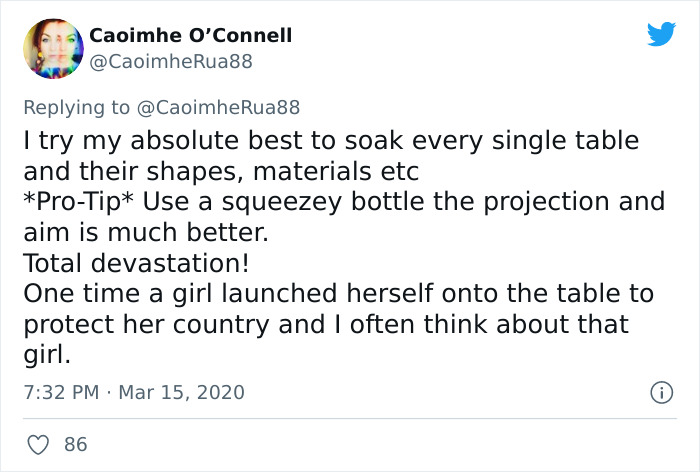
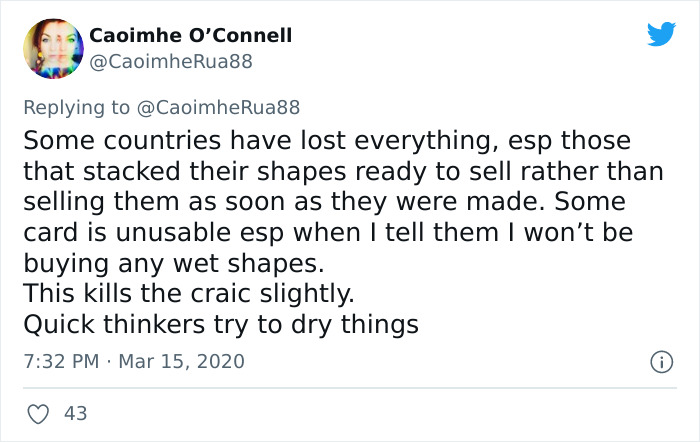
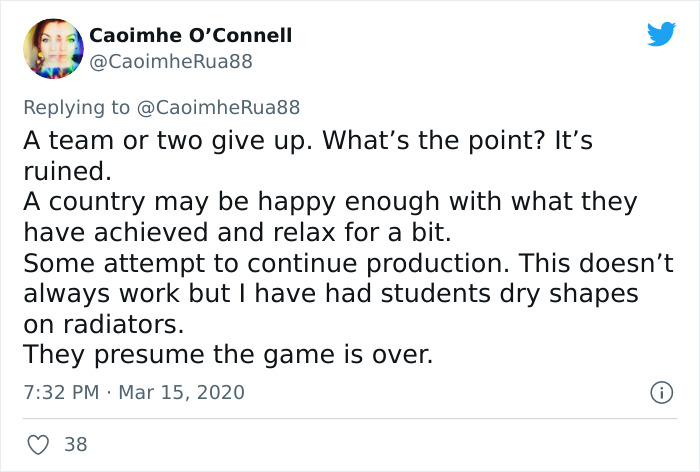
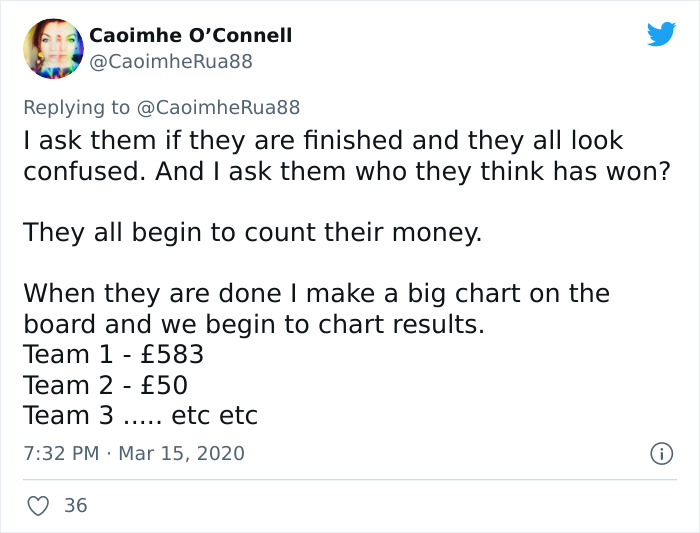
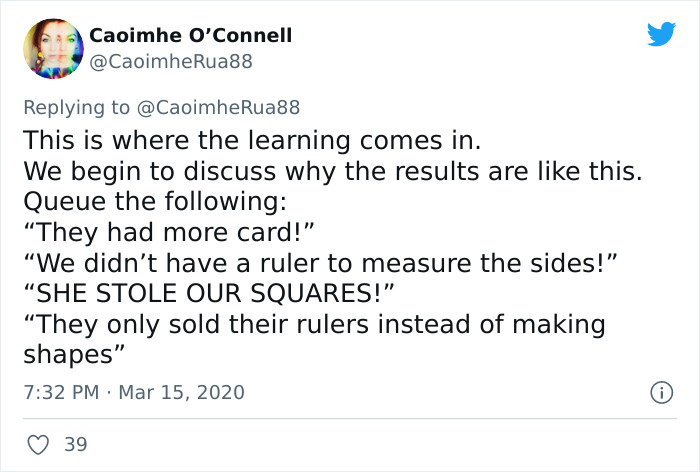
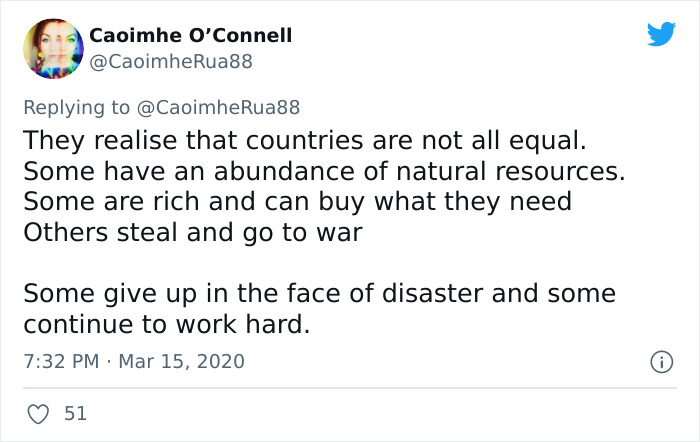
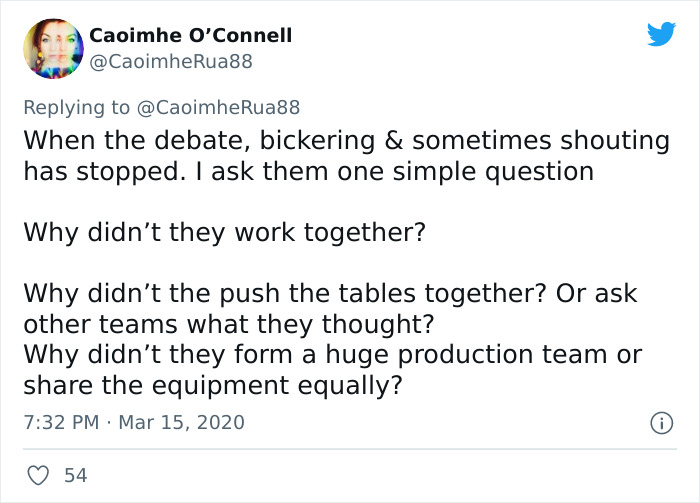
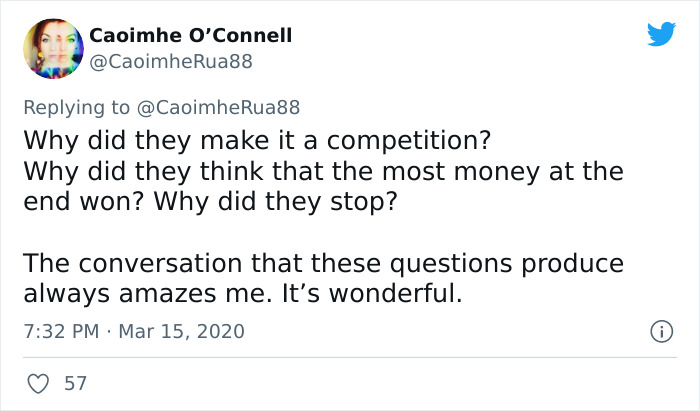
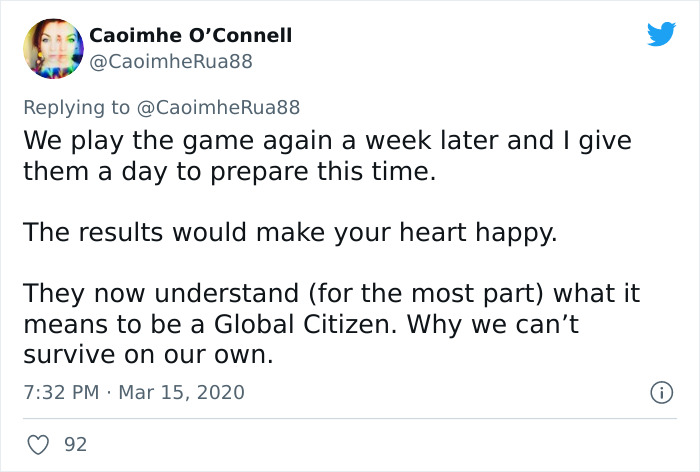
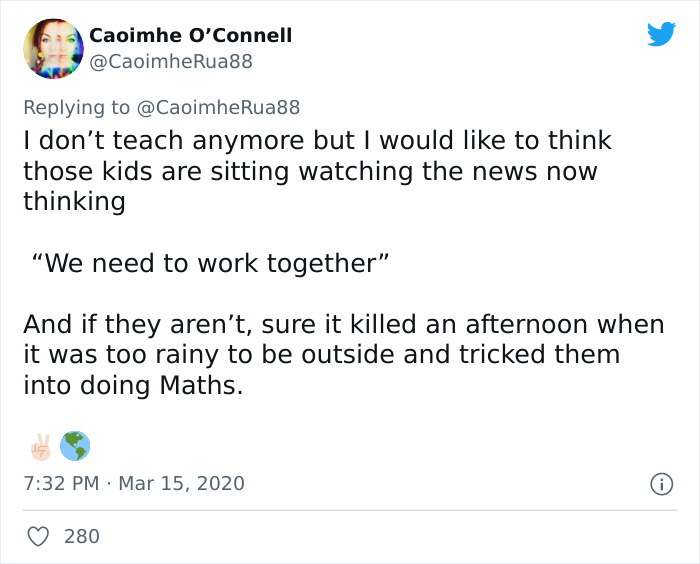































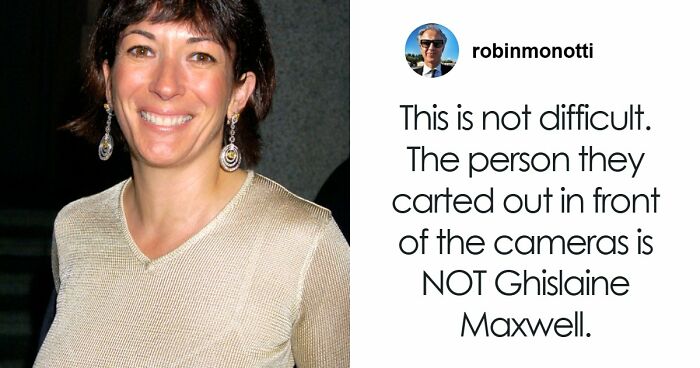











310
84